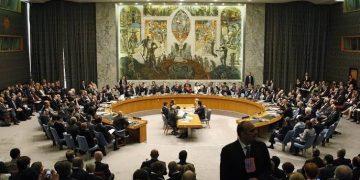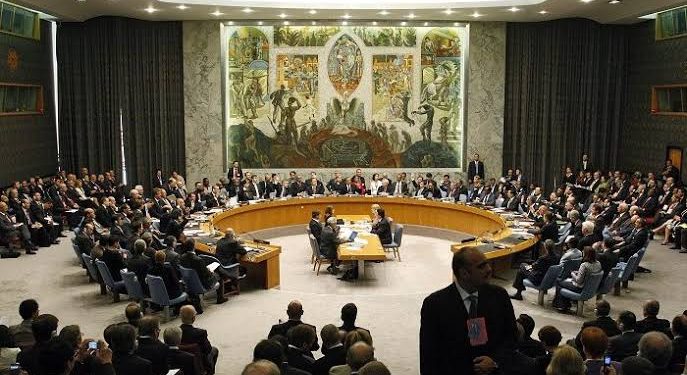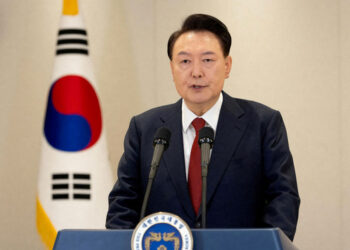By John Ikani
Russia blocked a United Nations resolution on Monday that called for an immediate ceasefire between Sudan’s warring factions and the provision of humanitarian aid to millions of Sudanese citizens.
The veto, cast by Russia alone, stood in opposition to a resolution supported by the United Kingdom and Sierra Leone, which sought urgent action to address the humanitarian crisis.
In his remarks, Russian Deputy U.N. Ambassador Dmitry Polyanskiy explained that Russia’s veto was based on the belief that Sudan’s government should bear full responsibility for the situation unfolding within the country. This stance puts Moscow at odds with the other members of the Security Council, including China, which supported the resolution.
U.S. Ambassador Linda Thomas-Greenfield expressed her outrage at the veto, calling it “shocking” that Russia had blocked efforts to save lives in Sudan. She further criticized Russia’s obstructionist stance over the past months, accusing Moscow of playing both sides of the conflict for its own political gains, “at the expense of Sudanese lives.”
British Foreign Minister David Lammy was equally vocal, condemning Russia’s actions as a direct impediment to peace. “One country stood in the way of the council speaking with one voice,” Lammy said, calling Russia’s veto “a disgrace” and accusing the country of showing its true colors as an enemy of peace.
In response, Polyanskiy fired back, accusing the Security Council of hypocrisy, citing what he described as a double standard in how the Council has handled the ongoing humanitarian situation in Gaza. He pointed to the council’s failure to take strong action against Israel, which has faced criticism for alleged violations of humanitarian law.
The conflict in Sudan erupted in April 2023 between the military and the paramilitary Rapid Support Forces, just as the country was preparing for a transition to civilian governance.
Since then, violence has escalated across Sudan, displacing 11 million people. The United Nations reports that around half of Sudan’s population—approximately 25 million people—are facing extreme food insecurity, and famine has been confirmed in Sudan’s Darfur region.




































